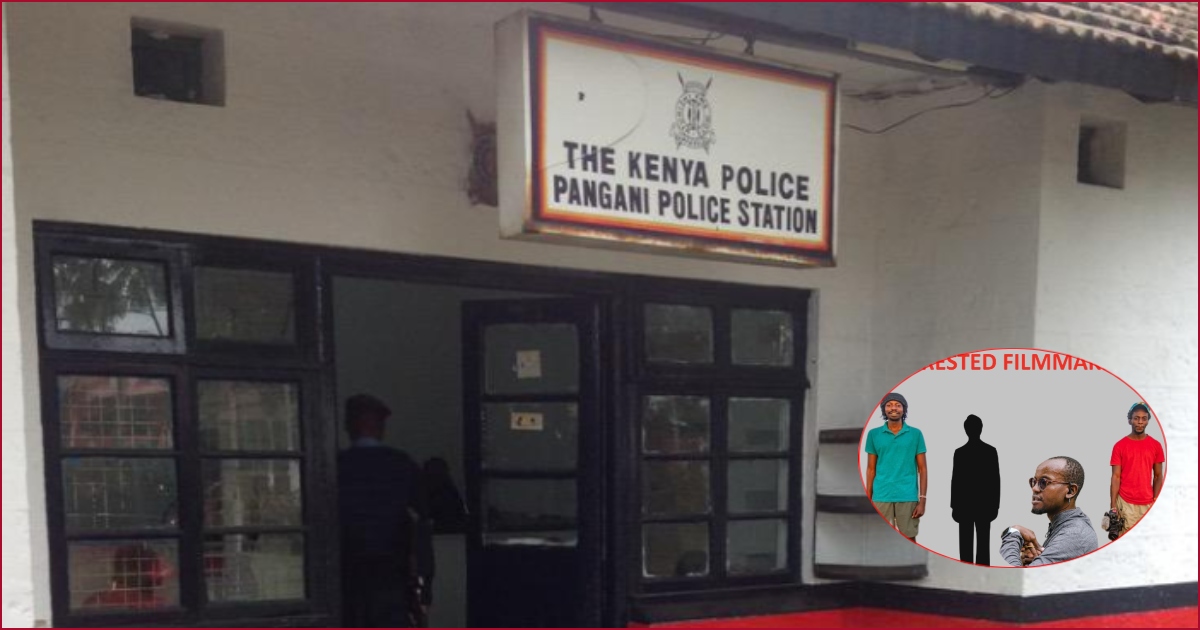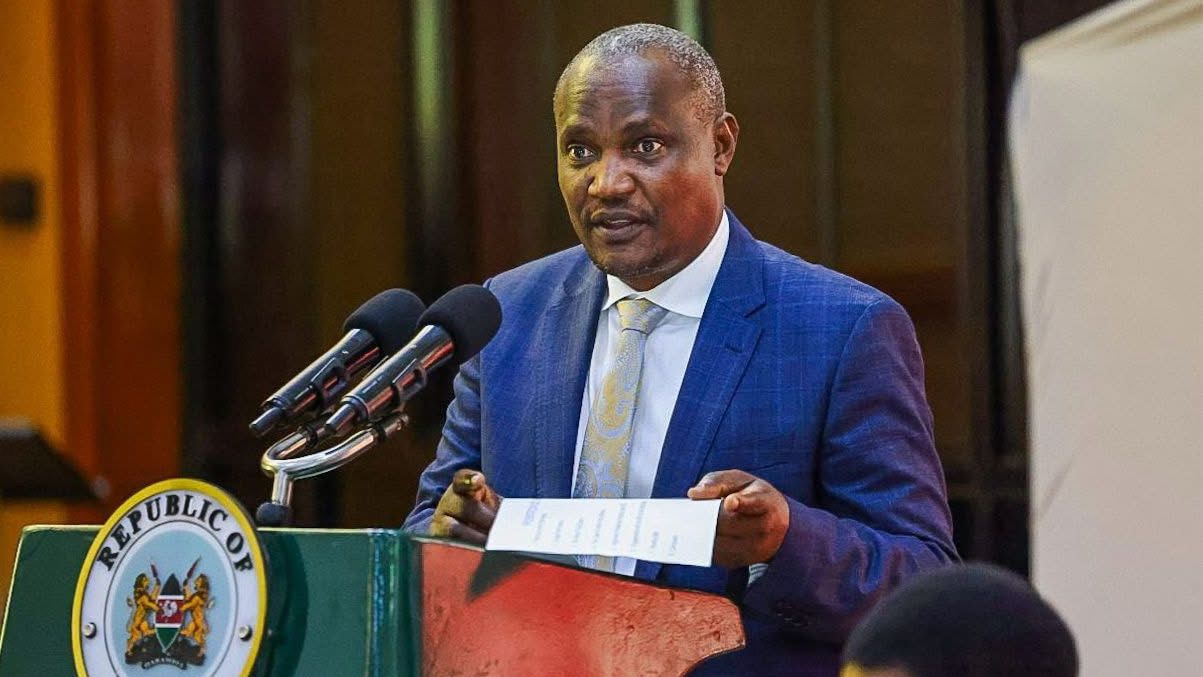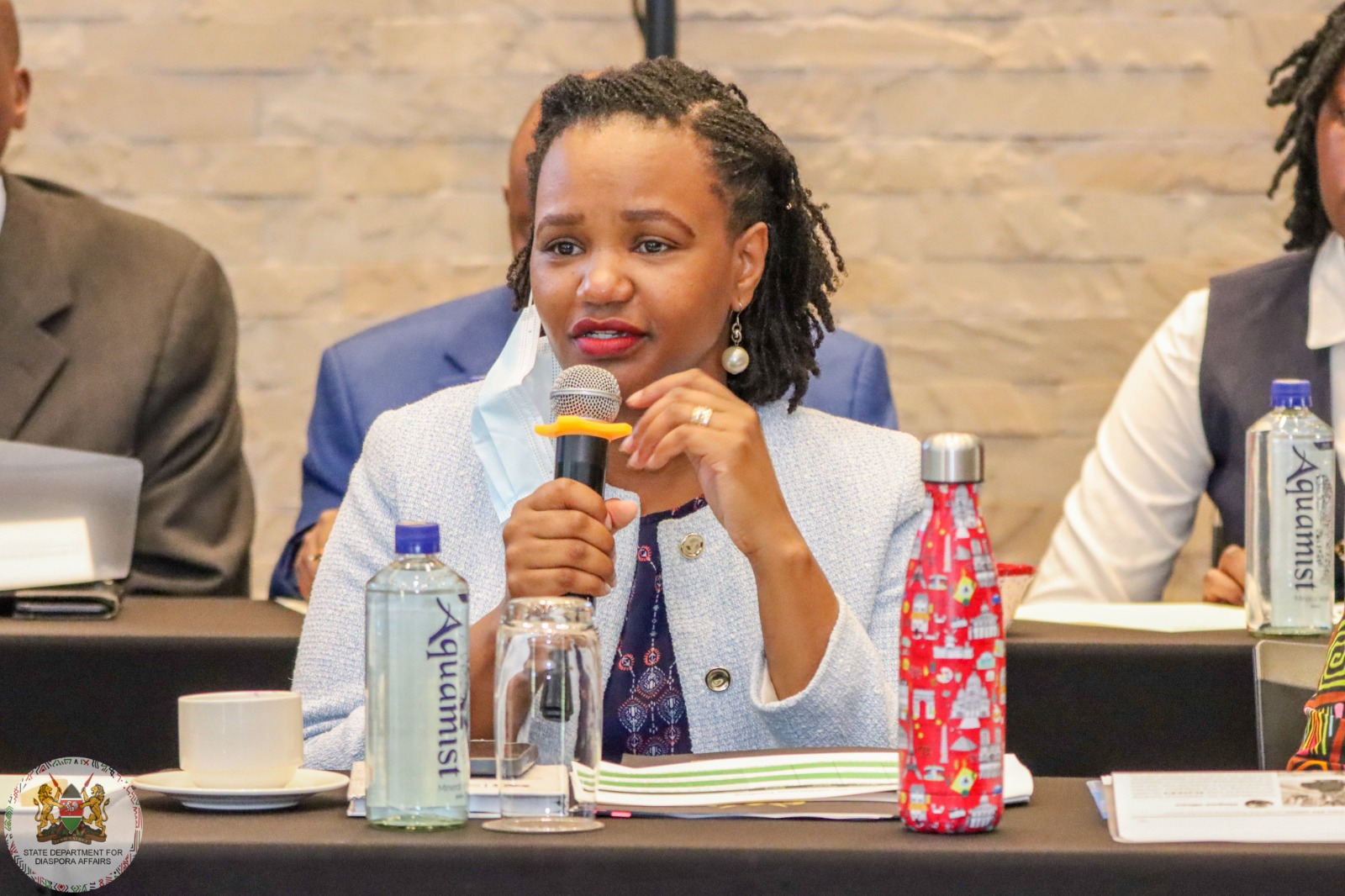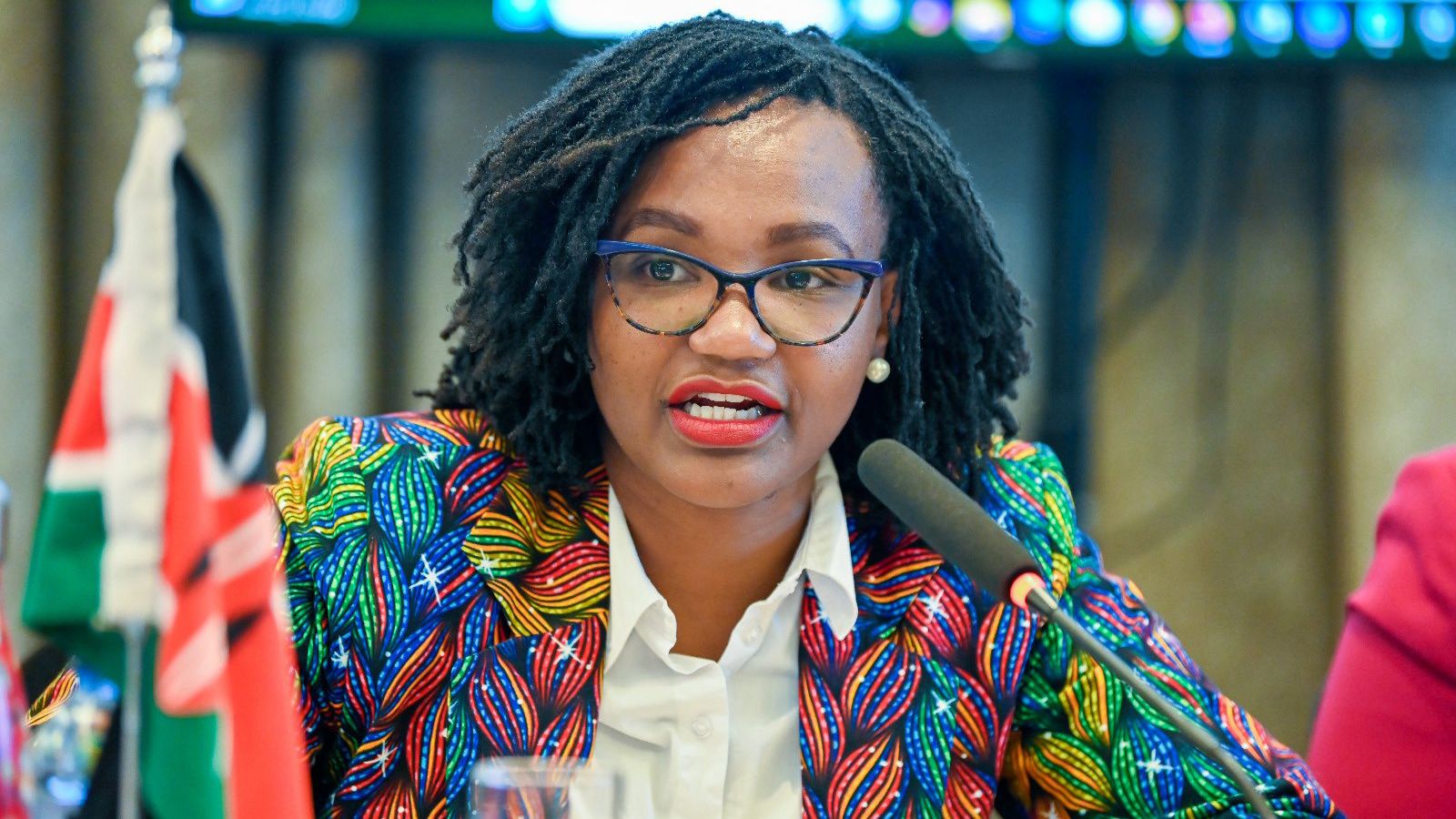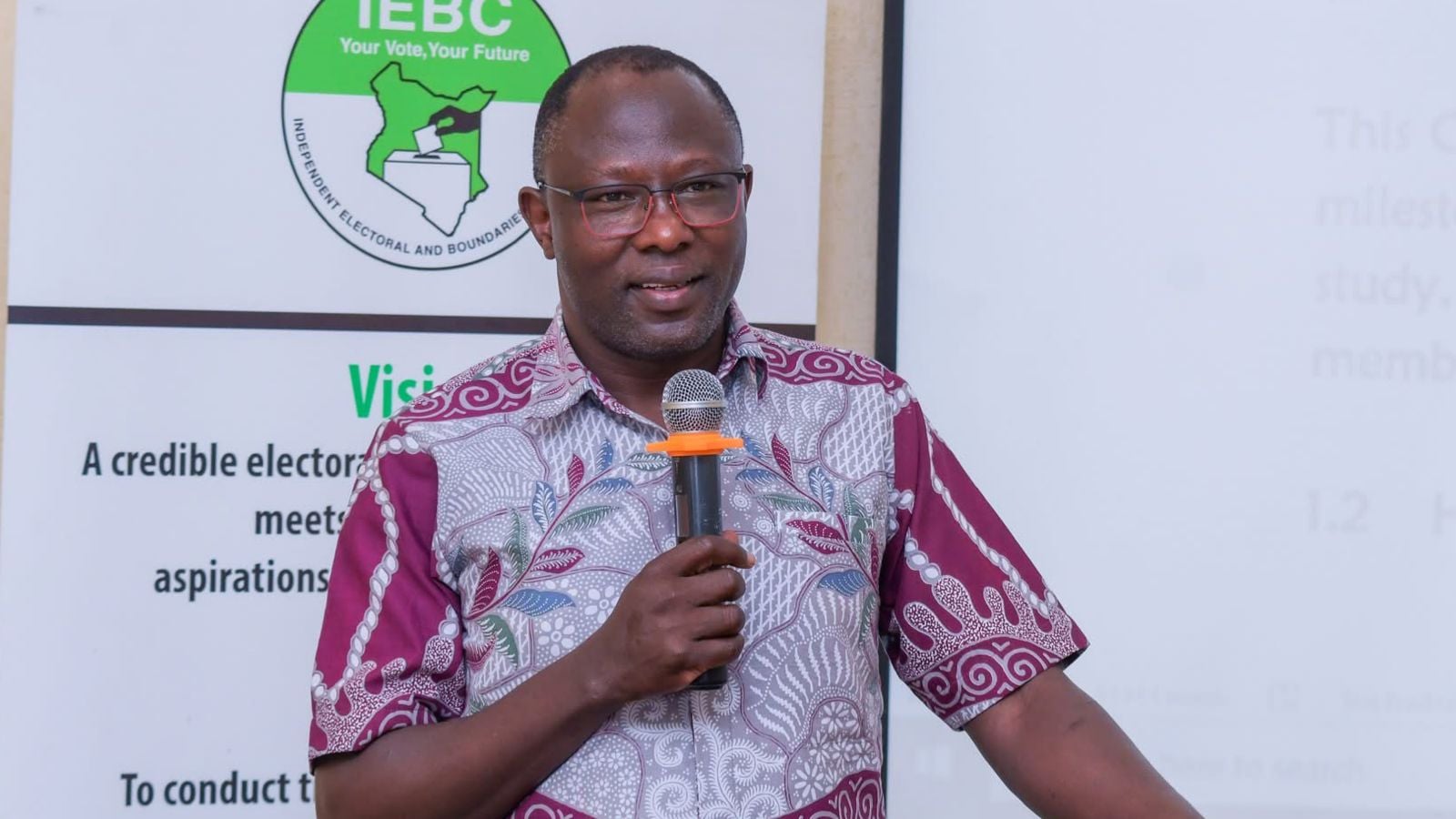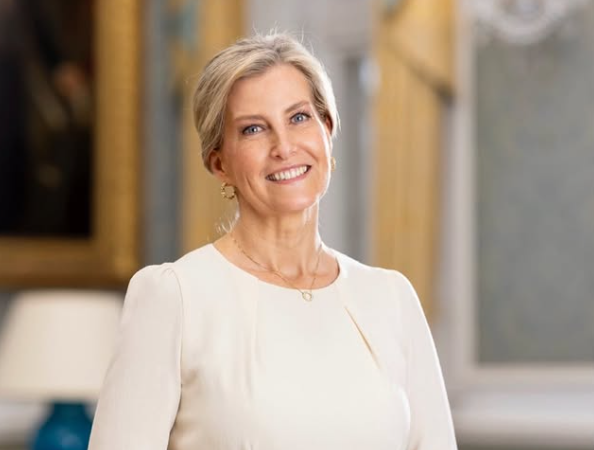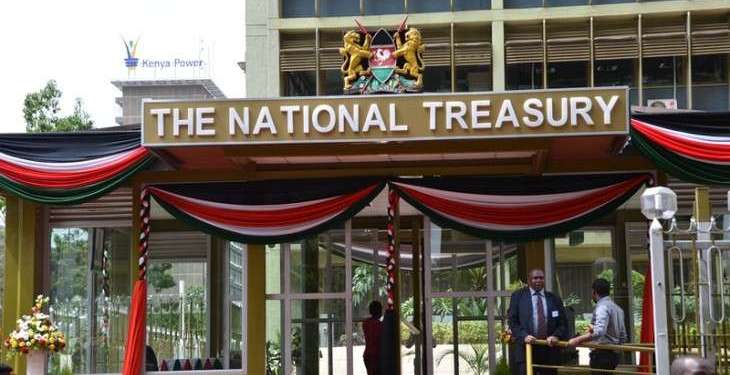It now emerges that the quartet of filmmakers arrested in relation to the Blood Parliament documentary run by the BBC would be charged with publishing false information.
They were apprehended late Friday evening, May 2, from their Karen village office.
They are Nicholas Wambugu, Brian Adagala, MarkDenver Karubiu, and Chris Wamae.
They were taken to the Pangani Police Station for interrogation ahead of further action.
On Saturday morning, May 3, famed investigative journalist John-Allan Namu revealed the group was arrested for allegedly publishing false information.
Read More
He said the lawyers representing the quartet confided in him, adding that their equipment was seized.
They were also made to record statements on their own without their lawyers.
"Been in touch with lawyers at Pangani police station and have been told that the filmmakers arrested last night are being charged with false publication in relation to the BBC documentary #BloodParliament . Their equipment was confiscated, and they were made to give statements without legal representation. That this is happening on World Press Freedom Day begs a lot of questions about the objective of these arrests," John-Allan shared on X.
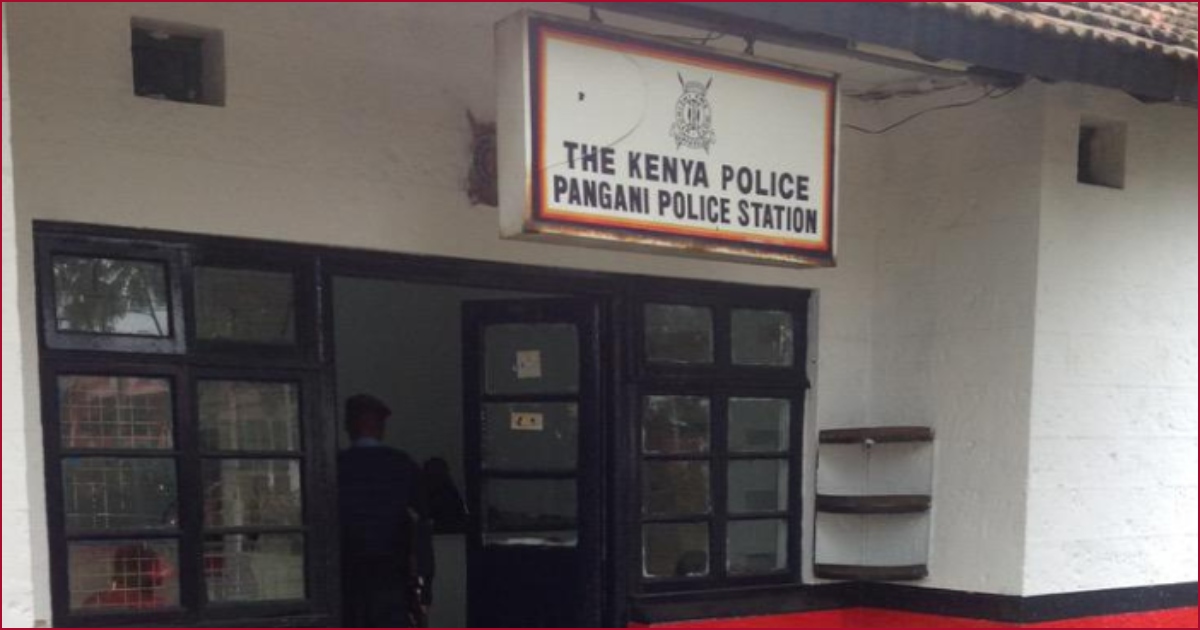
Update: The quartet was released Saturday morning, May 3, on a free bond, but left their equipment with the police.
The BBC piece published on the global media giant's YouTube channel and its other platforms documented the deadly events during the June 2024 mass action protests in Nairobi.
Young Kenyans mobilised themselves to hit the streets to protest against the tax-filled Finance Bill 2024, which the National Assembly was determined to pass and later forward to President William Ruto for assent.
The documentary captured uniformed state law enforcers and members of the Kenya Defence Forces (KDF) allegedly opening fire at unarmed young protesters who pushed them back to access the Parliament Buildings.
It pricked the rage of Kenyans who renewed the calls for accountability among the state operatives.
The government protested the contents of the documentary.
Government spokesperson Isaac Mwaura said the piece was biased and ran a one-sided narrative to paint the government in a bad light.
According to Mwaura, the government was not sought after to give its position.
Meanwhile, the Independent Policing Oversight Authority (IPOA) responded, stating that investigations into some of the shootings were still ongoing.
Some cases were also in court
